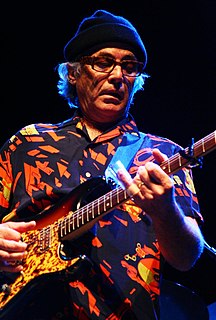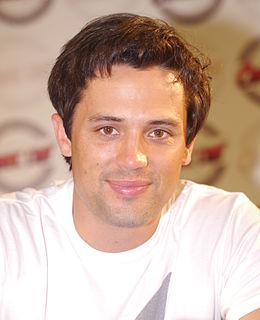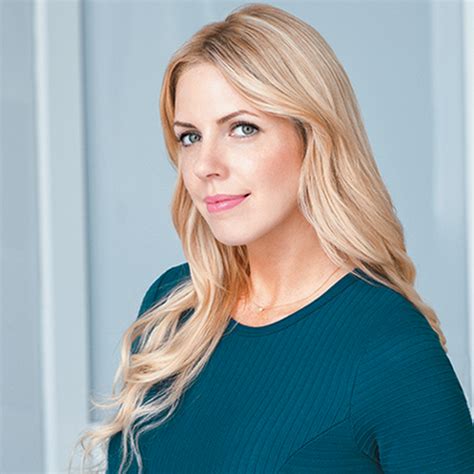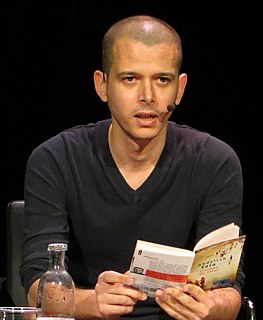A Quote by Steven Knight
Making a film is hard because you're not dealing with the intangible. When you're writing, it's perfect because it's only in your head and then you have to take it into the physical world and that's where things drop off and things fall apart and you have to fix them.
Related Quotes
One piece of advice I have is: Want something else more than success. Success is a lovely thing, but your desire to say something, your worth, and your identity shouldn’t rely on it, because it’s not guaranteed and it’s not permanent and it’s not sufficient. So work hard, fall in love with the writing — the characters, the story, the words, the themes — and make sure that you are who you are regardless of your life circumstances. That way, when the good things come, they don’t warp you, and when the bad things hit you, you don’t fall apart.
A man who imagines that because he has a head full of knowledge that he is sufficient for these things had better start learning again. 'Who is sufficient for these things?' What are you doing? You are not simply imparting information, you are dealing with souls, you are dealing with pilgrims on the way to eternity, you are dealing with matters not only of life and death in this world, but with eternal destiny.
I deal with stress in two ways because there are two kinds of stress. There's stress that you can take care of and there's stress that you can't. The first one, I take care of it as fast as possible, because putting it off always makes it worse. Things that I can't fix? I think about the fact that I can't fix them. I think about why I can't fix them and I come to terms with the fact that this is a problem that I'm not going to overcome and that the world is not a wish granting factory.
Next, take a look at the quality of the people who surround you. Do these people back you emotionally, or not? If they don't back you, are they at least passive? If not, get rid of them. Sometimes it is hard to drop off your mates at the great bus stop of life. But remember, your energy will only rise in direct relationship to the number of things you are able to get rid of - not to the things you acquire. By getting rid of things, attitudes, encumbrances, and blocks of one kind or another, things fly.
The great thing about writing is that...you can do all these antisocial things and you get paid for them and nobody ever arrests you because they're all make-believe. Then that way if you were actually ever driven to do any of those things, the pressure's off because you'd have already written them down. It's therapy.
The unreal is more powerful than the real, because nothing is as perfect as you can imagine it, because it's only intangible ideas, concepts, beliefs, fantasies that last. Stone crumbles, wood rots. People, well, they die. But things as fragile as a thought, a dream, a legend, they can go on and on.
One of the things I love about the theater is that no one can tell you to stop. Once you're onstage, it's three hours, and whether you're completely off or you're just horrendous, you've got to find a way to leave an impression. There's not that terrible thing that you get when you're making a movie, where you get in your car at the end of the day knowing that something you're not proud of was immortalized on film, and you can't fix it because they won't reshoot it.
When you make your first film, it's really hard in some ways. You're just nowhere. But then you have something. If you have a success, then you might be looking to take a fall. If you had a fall, you get a certain kind of euphoria because you're not dead, so you can still do it again. It's about how you go through the processes. Do you enjoy that "doing"? Is it getting less fun or more fun?





































